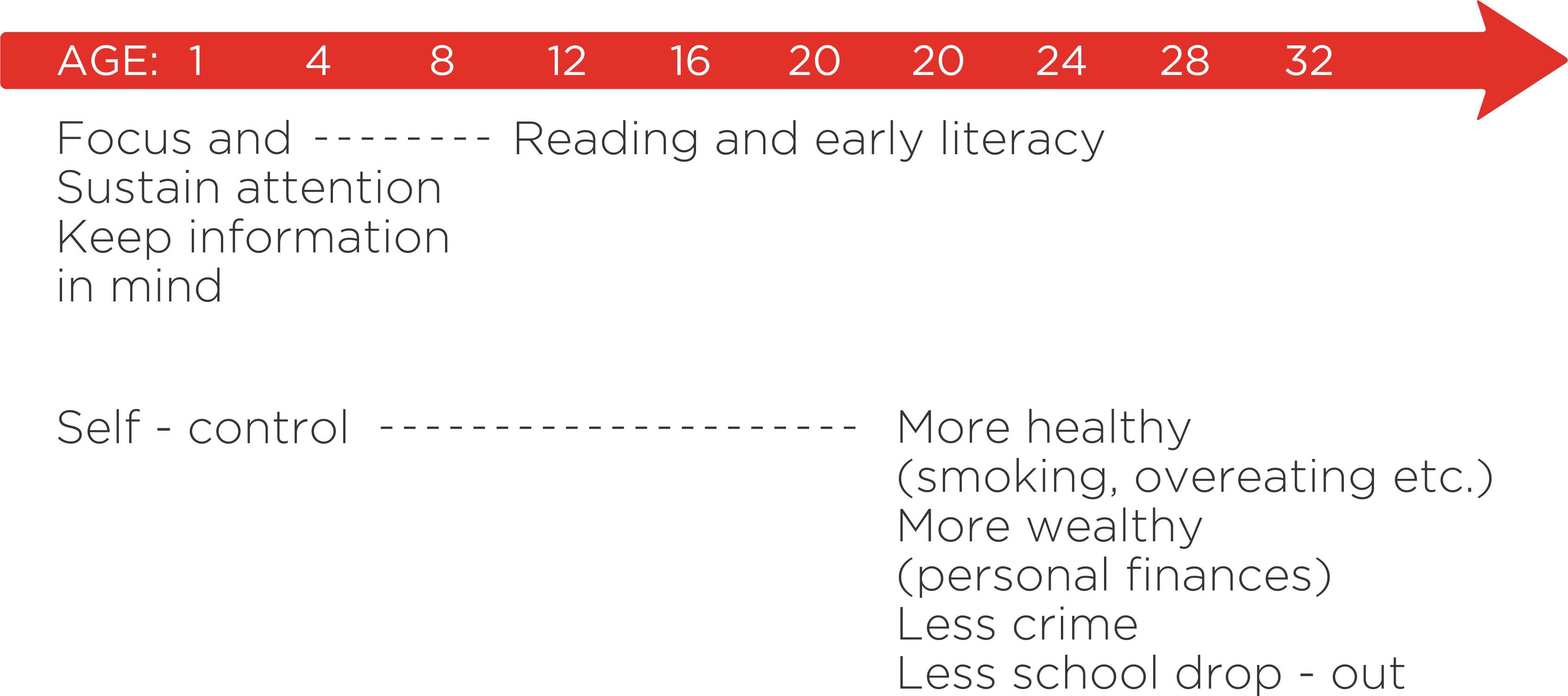Physical skills for transformational learning
Spatial abilities in elementary school has significant consequences for your career 11 years later.
(Verdine et.al. 2014)
Our DIY Activity Kits are designed to allows kids to build objects on their own and explore their characteristics and functions.
Social skills for transformational learning
Early social skills such as sharing, empathy, and cooperation, when children were 8 years old, significantly predicted achievement averaged across multiple academic areas at age 13.
(Caprara et.al. 2000)
We train science educators to encourage students to analyse observations in groups, developing their mind-sets for communicating their thoughts, seeking feedback and learning from peers.
Emotional skills for transformational learning
People’s accomplishments are generally better predicted by their own beliefs about what they can manage, and how they persist in the face of challenges than by their previous attainments, knowledge, or skills.
(Pajares, 2002)
During the first phase of exploring, students get to experiment individually until they get the desired results. The process encourages risk-taking and allows room for error, building confidence by design.
Cognitive skills for transformational learning
Cognitive flexibility is crucial for early reading comprehension.
(Cote et. al., 2014)
At age 33, boys and girls with less childhood self-control, including executive functions, have worse health, less wealth, and more crime than those with more self-control.
(Moffit et. al., 2011)
Since the children learn by engaging in hands-on activities and exploring various solutions to the same problem, they develop their executive functions and enhance their creativity.
Creative skills for transformational learning
Early social skills such as sharing, empathy, and cooperation, when children were 8 years old, significantly predicted achievement averaged across multiple academic areas at age 13.
(Caprara et.al. 2000)
We train science educators to encourage students to analyse observations in groups, developing their mind-sets for communicating their thoughts, seeking feedback and learning from peers.





